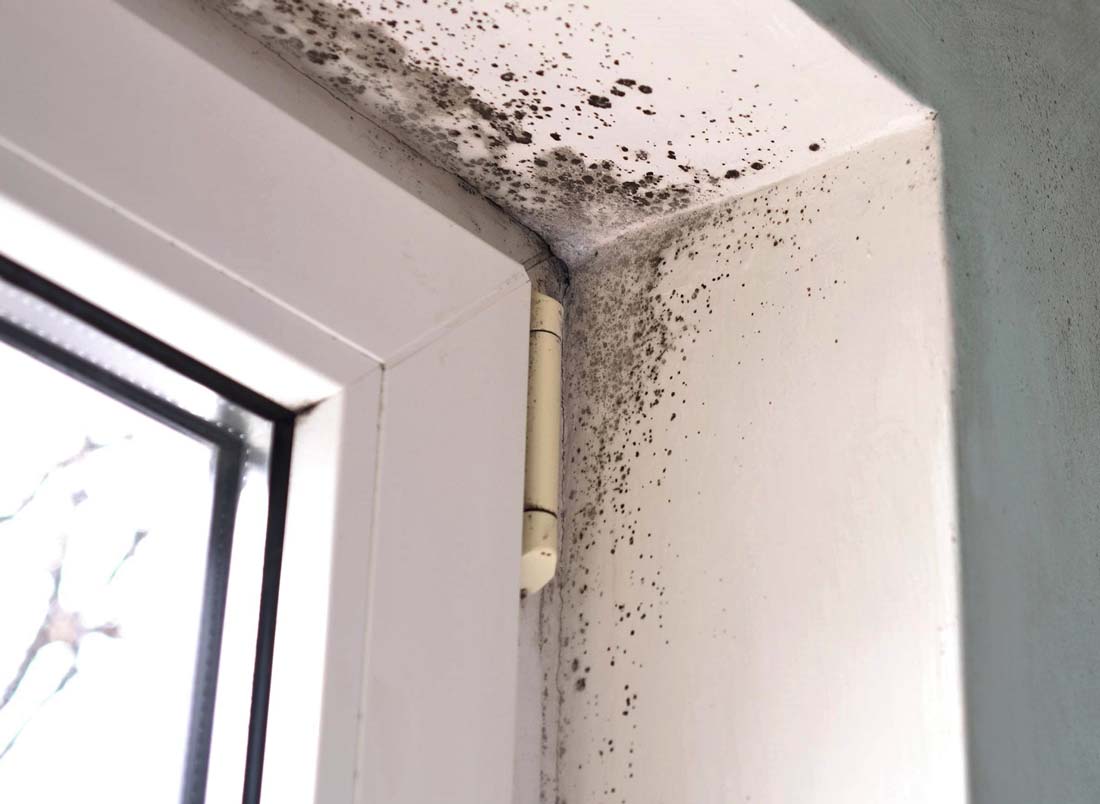Considering the existing weather conditions, there’s a strong possibility that your rental unit might have mold. What steps do you intend to undertake?
Oregon requires landlords to keep their units habitable. Consequently, landlords have the responsibility to prevent mold and fix problems that may cause it to occur. Tenants also have a responsibility to maintain the house in a state to keep its presence away.
Tenants must use the provided facilities to eliminate condensation when cooking or showering. Increasing air circulation helps reduce moisture in the house and prevents the occurrence of mold.

What we cover
ToggleLandlord Rights And Responsibilities in Oregon
- Ensure that rental properties are habitable.
- Carry out repairs that are not the tenant’s fault.
- Supply heating, water, and sufficient hot water.
- Collect rent
- Allow the tenant quiet enjoyment of the property.
- Collect and refund tenant’s security deposit at lease termination. Provide an account of how you use the security deposit if you have to withhold some of it.
- Legal evictions
- Do not retaliate against a tenant when they complain about the habitability of your unit to government agencies.
Tenant Rights And Responsibilities in Oregon
- Right to exclusive possession. A landlord must offer at least 24-hour notice to access a tenant’s home.
- A habitable unit.
- Take care of your home.
- Make repairs that you cause.
- Do not damage the property.
- Pay rent as agreed with your landlord.
- Allow quiet enjoyment for your neighbors.
How Long Does A Landlord Have To Repair Mold In Oregon
Landlords in Ohio have up to 14 days upon receiving notice of the presence of mold to have it repaired.
Landlords have up to 7 days to fix the damage to essential services. For other issues, landlords have 30 days to fix them.
Resource: See other states mold laws here
Mold Disclosure Law In Oregon
In Oregon, property sellers must disclose the presence of mold in a house they are selling.
The seller will indicate in the property disclosure form that there is mold present in the house.
If the seller fails to disclose the presence of mold, the property buyers can sue them. They can also ask for compensation or cancel the purchase of the house.
Federal law requires landlords and sellers to disclose the presence of lead paint for homes built before 1978.
Can You Break Your Rental Lease In Oregon Due To Mold
In Oregon, tenants are legally not allowed to break the rental lease if they are the cause of the mold.
When tenants notice problems that can cause mold, they should report them to the landlord immediately.
Report leaking pipes, taps, floods, spills, and mold spots to your landlord before they cause mold in your unit.
Document the problems in photos and inform your landlord in writing. Also, record all the discussions and promises that the landlord offers.
If the landlord does not fix the problems you report and mold gets too unmanageable levels, you are allowed to repair and deduct the cost from the rent.
You must have notified your landlord of your intention to repair in writing before the rent is due. You are only allowed to deduct $100 from your rent. In Oregon, this does not apply to mold remediation which is the landlord’s responsibility.
Constructive eviction is when you break your lease since the unit is no longer habitable because the landlord refused to fix the problems.
If the landlord sues you for the rest of the rent, you must prove in court that the house was uninhabitable, the mold was not your fault, and that you had notified your landlord, and they did not fix the house.
You can use the photos and communication between you and your landlord as evidence.
You can legally break your lease to start active military duty or if the landlord discriminates against you.
Can An Oregon Tenant Withhold Rent
Oregon allows tenants to withhold rent up to $300. The tenant can withhold rent to fix any damage or problems that the landlord has not fixed after a reasonable time to keep the unit habitable.
You must provide a seven-day notice to the landlord of your intention to withhold part of the rent for repairs.
You must also provide a receipt for the cost of repairs.
Can An Oregon Tenant Seek Justice In Court Due To Mold
In Oregon, a tenant can sue the landlord for mold when;
- The landlord refused to fix water leaks that were reported before the mold appeared.
- If you have spent money in a hospital or on medication due to mold exposure.
- Lost income due to a condition caused by mold exposure.
- If you have spent any money to remediate the mold.
- For mold-related damage to your property not covered by your renter’s insurance.
- For pain and suffering caused by the health effects of mold.













